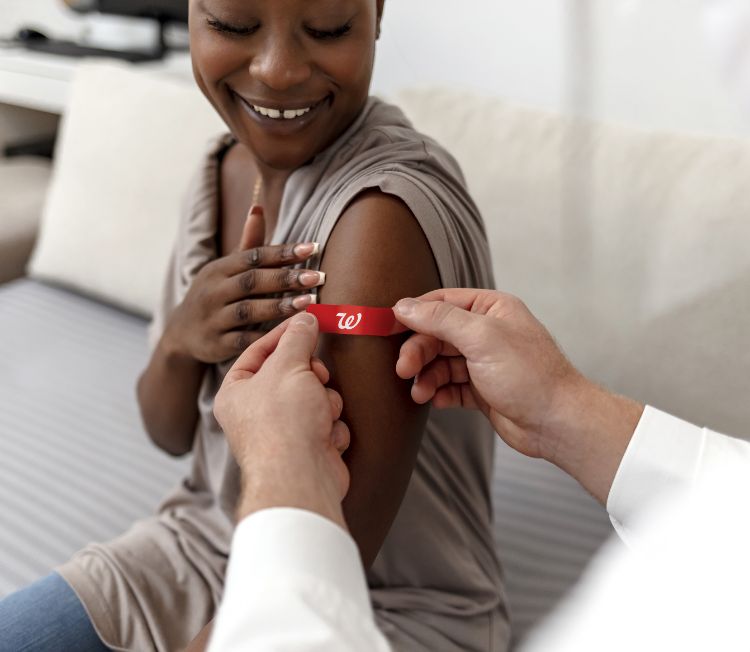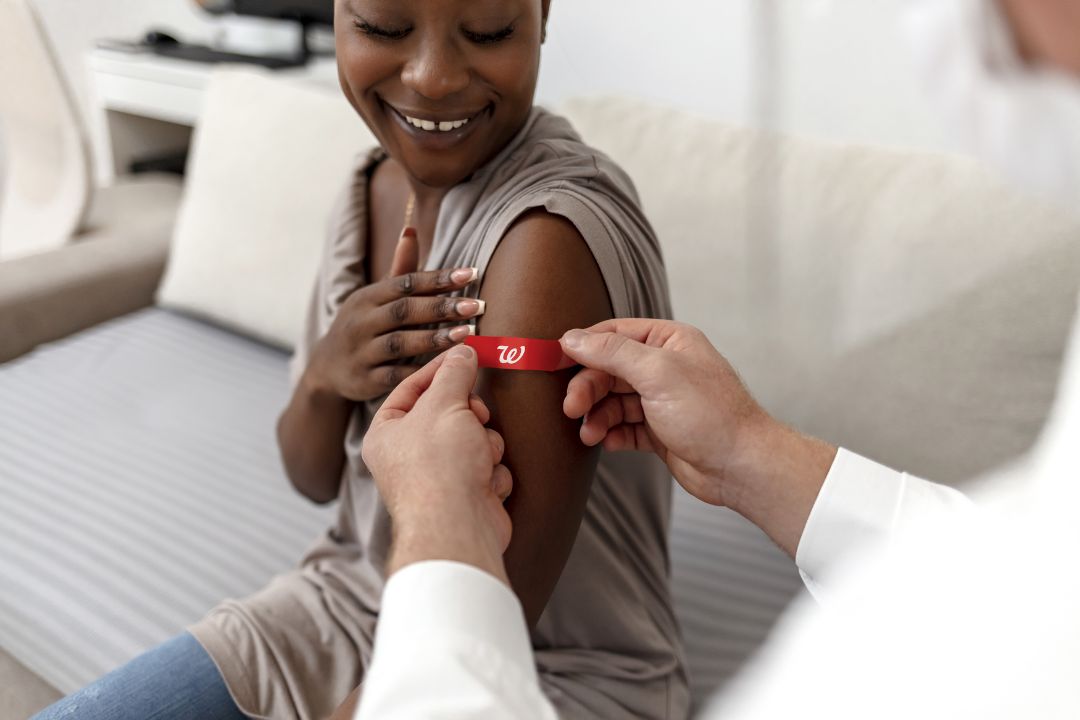- What is the hepatitis A & B combination vaccine?
The hepatitis A & B combination vaccine contains both hepatitis A and hepatitis B vaccines to prevent these two forms of hepatitis. It’s administered either as 3 doses over 6-month period or 3 shots administered over 1 month with the addition of a booster shot after 1 year.
Learn more about the hepatitis A & B vaccines from the CDC: - Who should get the hepatitis A & B combination vaccine?
This combination vaccine can be given to people ages 18+ and is recommended for individuals at an increased risk of getting hepatitis A and B infections.
- Who should not get the hepatitis A & B combination vaccine?
- Anyone with a life-threatening allergy to any vaccine component, such as aluminum, neomycin, or yeast
- Anyone who has ever had a life-threatening allergic reaction to a previous dose of the hepatitis A & B combination vaccine
- Anyone with moderate or severe illness should wait until they recover to be vaccinated
People who are pregnant or plan to become pregnant should ask their doctor if they should receive the vaccine.
- What are the side effects of the hepatitis A & B combination vaccine? Mild-to-moderate side effects:
- Soreness, redness or swelling at the injection site
- Headache
- Tiredness
Severe side effects, although rare, may include serious allergic reactions. Symptoms include:- Difficulty breathing
- Wheezing
- Hives
- Pale skin
- Fast heartbeat
- Dizziness
Over-the-counter pain relievers such as acetaminophen or ibuprofen can help ease pain and reduce fever. Contact your doctor or pharmacist if you have any unexpected or worsening reactions after receiving a vaccine.
Schedule Hepatitis A & B Combination Vaccine | Walgreens

apart at least 21 days prior to travel
What are hepatitis A & B?
Hepatitis A is usually spread through ingesting contaminated food or water or close contact (including sexual contact) with an infected person. The hepatitis A virus can cause a flu-like illness, a yellowing of the skin or eyes (jaundice) along with severe stomach pains and diarrhea.
Hepatitis B is a highly contagious, serious liver disease caused by the hepatitis B virus. It spreads through contact with the blood or other body fluids of an infected person, including contact with objects that could have blood or body fluids on them such as toothbrushes and razors. It can cause a short-term flu-like illness, or long-term infection that can lead to liver damage, liver cancer or death. Babies and young children infected with hepatitis B are more likely to get this chronic form of the disease.
Frequently Asked Questions
If you believe you have a medical emergency, please call 911.
References:
Hamborsky J, Kroger A, Wolfe S, eds. Centers for Disease Control and Prevention (CDC).Epidemiology and Prevention of Vaccine-Preventable Diseases. 14th ed. Washington, DC: Public Health Foundation, 2021.
Vaccine Information Statement: Hepatitis A Vaccine (What You Need to Know) October 25, 2020. https://www.cdc.gov/vaccines/hcp/vis/vis-statements/hep-a.html. Accessed September 2021.
Vaccine Information Statement: Hepatitis B Vaccine (What You Need to Know) August 15, 2019. https://www.cdc.gov/vaccines/hcp/vis/vis-statements/hep-b.pdf Accessed September 2021.
This publication should be used for general educational purposes only and is not intended to be a substitute for professional medical advice. Although it is intended to be accurate, neither Walgreen Co., its subsidiaries or affiliates, nor any other party assumes liability for loss or damage due to reliance on this publication.
